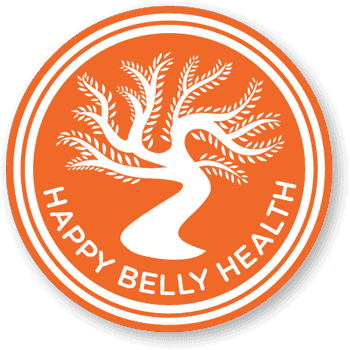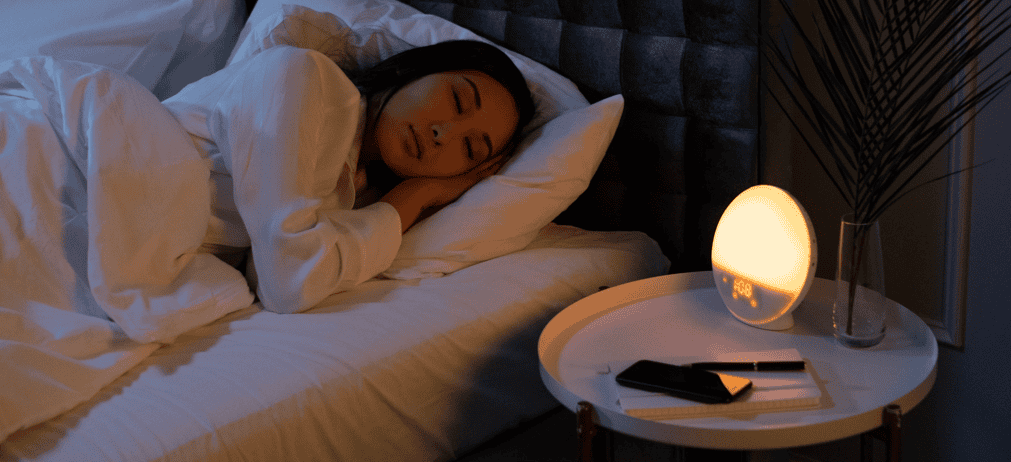The Importance of High-Quality Sleep
We all know it: high-quality sleep is vital to healing. While the body may seem still and inactive during sleep, it’s actually hard at work in repair mode. During the night, our bodies:
- Restock hormones
- Process significant toxins
- Repair damaged tissue
- Generate vital white blood cells for immunity
- Eliminate the effects of stress
- Process heavy emotions
However, in our modern society, sleep disorders have become an epidemic—from trouble falling asleep to interrupted sleep to full-blown insomnia. Many people are missing out on the full healing process!
Why Sleep Should Be a Priority
Sleep should always be a first priority when starting your healing journey. Fortunately, there are several straightforward remedies you can use to address sleep problems. Sleeping soundly not only improves your health but also boosts your motivation and capacity to make further lifestyle changes.
The Pineal Gland: Where It All Starts
The pineal gland, a small ant-sized lobe near the middle of our skull in the interbrain, is where it all begins. This gland follows our circadian rhythm to secrete melatonin, a neurotransmitter and hormone that:
- Suppresses the activity of other neurotransmitters
- Calms the brain (by countering the stress hormone cortisol from the adrenal gland)
As melatonin rises, we become drowsy, and the brain slowly begins to turn off voluntary skeletal muscle functions. This prevents us from moving around too much and acting out our dreams, allowing the body to focus on internal revitalization work. (This is also why it’s difficult to move or shout in response to a nightmare.)
For ideal sleep, melatonin should steadily rise, and cortisol should be at rock-bottom levels at bedtime. However, there’s a catch—melatonin secretion largely responds to darkness, and low evening cortisol levels thrive in environments with minimal noise. Unfortunately, our evening habits—TV, video games, email—can interfere with these natural pro-sleep chemicals.
Modern Disruptions to Sleep
- Light Exposure: Many devices display full-spectrum light, which can confuse the brain about whether it’s night-time.
- Noise & Stress: Watching shows or viewing emails that are loud or stressful (e.g., evening news, crime shows, work emails) can elevate cortisol.
- Late Meals: Digesting heavy meals eaten later in the evening can also prevent or interrupt sleep.
Cleaning Up Your “Sleep Hygiene”
Sleep hygiene refers to pro-sleep behaviors, especially in the hours before bedtime. Here’s how to clean up your sleep habits:
Choose Calming Evening Activities
- Reading a book
- Taking a warm bath
- Going for a light stroll
- Playing with a pet
- Folding laundry
Avoid Stimulating Activities Before Bedtime
- No email, TV, next-day planning, or stressful conversations in the hour before bed
Manage Noise
- Use soft foam earplugs or the white noise of a fan if noise is an issue
Optimize Your Sleep Environment
- Ensure the bedroom isn’t too hot, as this can disrupt sleep
Incorporate Relaxation Techniques
- Drink herbal tea (e.g., lavender, chamomile, valerian, passionflower)
Mind Your Eating Habits
- No food 2–3 hours before bed
- No caffeine after 2pm (e.g., tea, coffee, soda, chocolate, mate)
- Avoid late-evening, heavy meals
Discovering the Benefits
You may be stunned to discover that cleaning up your sleep hygiene was all you needed to finally get a good night’s rest! Once you’re well-rested, you can begin incorporating more healthful lifestyle changes with a clear mind and a rejuvenated body.
Are you curious? Let’s chat. We would love to hear from you.
If you’re interested in finding out more about health coaching, please use this form and you’ll be prompted to schedule a 15 minute chat. We look forward to supporting you.







